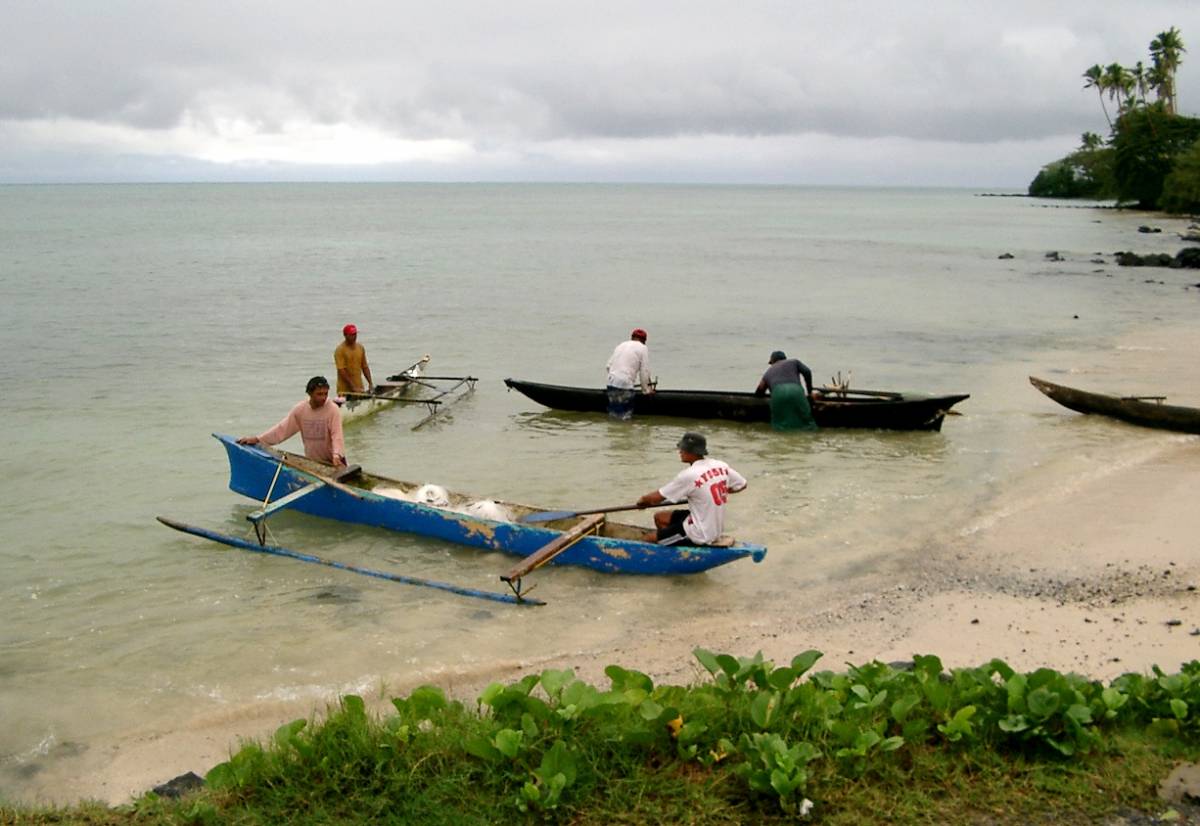On this page
New Zealand International Development Cooperation programme
The New Zealand International Development Cooperation (IDC) programme delivers New Zealand’s official support for developing countries, with a particular focus on the Pacific Islands region.
New Zealand’s policy for International Cooperation for Effective Sustainable Development [PDF, 5.4 MB] confirms our primary focus on the Pacific region, in line with the Pacific Reset. It reflects how our government works in the region including deeper collaboration with Pacific partner countries and more ambition for our Pacific engagement. It also affirms four development principles to guide our development work: effectiveness, inclusiveness, resilience and sustainability.
The purpose of New Zealand’s IDC programme is to develop shared prosperity and stability in the Pacific and beyond, drawing on the best of New Zealand’s knowledge and skills. We support sustainable development in developing countries to reduce poverty and contribute to a more secure, equitable and prosperous world. We follow the principles of understanding, friendship, mutual benefit and collective ambition in how we design and deliver our IDC programme.
MFAT staff in Wellington and overseas are responsible for managing the New Zealand IDC programme, working with a wide range of partners.
Useful links:
- Minister of Foreign Affairs report on International Development Cooperation 2024–25 [PDF 2.7 MB]
- Minister of Foreign Affairs report on International Development Cooperation 2023-24 [PDF 28 MB]
- Minister of Foreign Affairs report on the International Development Cooperation 2022–23 [PDF 5 MB]
- Minister of Foreign Affairs' report on the International Development Cooperation 2021–22 [PDF 3.4 MB]
- Minister of Foreign Affairs' report on the International Development Cooperation 2020-21 [PDF 4.6 MB]
- New Zealand's International Development Principles [PDF 287 KB]
- Policy Statement New Zealand's International Cooperation for Effective Sustainable Development ICESD [PDF 5.4 MB]
Our IDC Priorities Framework
The IDC Priorities Framework demonstrates how New Zealand’s IDC contributes to the three goals in the Ministry’s strategic framework (a safe, secure and just future; a prosperous and resilient future; and a sustainable future). The IDC programme is aligned to, and contributes across, all of these goals.
The IDC Priorities Framework sets out the key outcomes that New Zealand is seeking to contribute to over the long term with our international development cooperation – both in the Pacific, and outside of the Pacific. This forms the basis of our planning and prioritisation of effort and funding. It also provides the basis for IDC performance expectations – from outcome indicators that demonstrate movement towards the Ministry’s overall goals, through to results measures that are directly attributable to New Zealand’s IDC funding.
Where we work: Pacific focus, global reach

As a small donor country committed to development that works, we’re carefully targeting our efforts to where we can make a real difference.
The geographic focus for New Zealand’s IDC is our Pacific neighbourhood. We invest at least 60% of our development funding within the Pacific region. We achieve global reach through targeted development cooperation to developing countries where New Zealand has strategic interests. Beyond the Pacific, our development cooperation focuses on initiatives in ASEAN countries. We also support projects in Africa, Latin America, the Caribbean, Eastern Europe, Asia and the Middle East.
Our IDC programme reaches more than 150 countries through partnerships with international aid organisations and multilateral agencies, including in response to disasters and conflict.
How we work
We're committed to making our development cooperation effective and to delivering value for the investment of taxpayer funds.
International best practice and the global development agenda inform the way we work. New Zealand contributes to achievement of the Sustainable Development Goals through a combination of domestic action, international leadership on global policy issues, and supporting countries through the New Zealand IDC programme.
The New Zealand self-assessment for the OECD DAC peer review process along with the management response to the peer review can be found below.
Find out more about New Zealand’s approach to the Sustainable Development Goals.
The Organisation for Economic Cooperation and Development (OECD) provide guidance for its members to enhance quality and effectiveness of their development cooperation programmes. The last Development Assistance Committee (DAC) peer review of the New Zealand IDC programme was completed in 2023(external link).
The Global Partnership for Effective Development Cooperation and, in the Pacific, the 2050 Strategy for the Blue Pacific Continent, recognise the wide range of government and non-government contributors to development and set out principles for achieving effective development.
Read more about the Global Partnership(external link)
Our approach
In managing the New Zealand IDC programme:
- we recognise that countries lead their own development – this means aligning our support to our partners’ priorities, and making good use of their systems for planning, implementation, financial management, monitoring and reporting
- we focus on delivering measurable results – this includes taking a systematic approach to collecting quality data so we know what changes are occurring, and helping partners to do the same
- we and our partners are clear about what we will each deliver
- we coordinate our development cooperation effectively with other donors, led by partner governments
- we work closely with partners to deliver the IDC programme
- we seek to strengthen international and regional organisations
- we continue to make information on IDC investments and forecast budgets more accessible

